In the midst of the increasingly urgent challenges of climate change and the ever-increasing need for energy, Indonesia is now at a crossroads in determining the direction of its energy policy. One of the strategic steps taken is the development of nuclear energy, which is seen as a solution to achieve the Net Zero Emission (NZE) target by 2060. This policy reflects the government’s seriousness in dealing with environmental issues and illustrates a long-term vision for national energy security. With increasing awareness of the negative impacts of fossil fuel use, nuclear energy is now placed on par with other new and renewable energy sources, demonstrating the government’s commitment to harnessing the potential of atomic energy to achieve these targets (Kumparan Business, 2024).
The Indonesian government has designed a roadmap for the development of Nuclear Power Plants (NPP) until 2024, with the first nuclear power plant operational plan in 2032. In this roadmap, the capacity of nuclear power plants is expected to reach 250 MW in the 2031-2035 period and increase to 8 GW in 2036-2040. Nuclear energy is expected to supply about 10% of the total national energy mix by 2060. The construction of nuclear power plants is expected to make a significant contribution to reducing dependence on fossil fuels, as well as supporting economic growth by providing a stable and reliable supply of electricity, especially in remote areas. However, the journey towards the development of nuclear energy is not without challenges. One of the main challenges is safety issues and public perception of the risks associated with the use of atomic power (Perdana, 2024).
The public often has concerns about potential accidents and environmental impacts from nuclear power plants. Therefore, adequate socialisation regarding the benefits and safety of nuclear energy is essential to gain public support. In addition, the readiness of infrastructure and human resources is also a big challenge. With the establishment of the Nuclear Energy Program Implementation Organization (NEPIO) and the preparation of the Draft Government Regulation (RPP) of the National Energy Policy (KEN), the government seeks to create a clear legal framework to support the development of nuclear energy as part of the transition to a cleaner and more sustainable energy system (Ministry of Energy and Mineral Resources, 2024).
Roadmap for the Development of Nuclear Power Plants (NPP)
The Indonesian government has drafted a roadmap for the development of Nuclear Power Plants (NPPs) until 2024, with plans to start operations of the first nuclear power plants in 2032. Secretary General of the National Energy Council (DEN), Djoko Siswanto, emphasised that the construction of nuclear power plants will function as a counterweight in the national energy mix and support the transition to net zero emissions. In this roadmap, the capacity of nuclear power plants is expected to reach 250 MW in the 2031-2035 period and then increase to 8 GW in 2036-2040. By 2060, nuclear energy is expected to supply about 10% of the total national energy mix, making a significant contribution to reducing dependence on fossil fuels. With this roadmap, the government seeks to ensure that nuclear energy can play an essential role in achieving the Net Zero Emission (NZE) target by 2060 (CNBC Indonesia, 2021).
The development of nuclear power plants is expected not only to meet the increasing energy needs but also to help Indonesia in fulfilling international commitments related to reducing greenhouse gas emissions. Despite the challenges in terms of safety and public perception of nuclear risks, the government is committed to conducting adequate socialisation and ensuring that all safety aspects are met before the construction of atomic power plants begins. One of the main goals of the development of nuclear energy is to reduce carbon emissions. By switching to clean energy sources such as nuclear, Indonesia hopes to reduce greenhouse gas emissions derived from the burning of fossil fuels.
Nuclear energy has great potential to support the achievement of carbon emission reduction targets set in Indonesia’s Nationally Determined Contributions (NDC). In addition, nuclear energy also contributes to the sustainability of Indonesia’s energy system by providing a stable and reliable supply of electricity. Thus, the development of nuclear power plants is a crucial strategic step for Indonesia’s energy future. The government not only needs to focus on technical and infrastructure aspects but must also involve the community in the socialisation process to build trust in the use of nuclear energy. Through a comprehensive and collaborative approach between the government, the community, and the private sector, Indonesia can harness the potential of atomic energy as part of the transition to a cleaner and more sustainable energy system. It is hoped that future generations will meet the challenges of global climate change while ensuring the sustainability of its energy supply.
Challenges in Nuclear Energy Development
The journey towards nuclear energy development in Indonesia is not without challenges. One of the main challenges is safety issues and public perception of the risks associated with the use of atomic power. The public often has concerns about potential accidents and environmental impacts from Nuclear Power Plants (NPPs). Therefore, adequate socialisation regarding the benefits and safety of nuclear energy is essential to gain public support. Without community support, the nuclear power plant development plan can be hampered, considering that community approval is one of the critical conditions in the process of developing this energy infrastructure. In addition to the problem of public perception, the readiness of infrastructure and human resources is also a big challenge in the development of nuclear power plants.
The development of nuclear power plants requires strong infrastructure and a skilled workforce that is ready to face atomic technology. Currently, Indonesia has met most of the requirements set by the International Atomic Energy Agency (IAEA). However, there are still some crucial aspects that need to be considered before the construction of nuclear power plants can begin. This includes developing the capacity of human resources and providing adequate facilities to support the operation of nuclear power plants safely and efficiently. To overcome this challenge, the Indonesian government has taken several strategic steps, including the establishment of the Nuclear Energy Program Implementation Organization (NEPIO). This agency is directly responsible to the President of the Republic of Indonesia. It is expected to coordinate all aspects related to the construction of nuclear power plants and accelerate the preparation and implementation of related projects (Primantoro, 2023).
In addition, a new Draft Government Regulation (RPP) of the National Energy Policy (KEN) is being drafted to create a clear legal framework for the development of nuclear energy in Indonesia. With the support of the National Energy Council and various other stakeholders, the government is working to ensure that the development of atomic power plants runs as planned and meets international safety standards. With these strategic measures, the government hopes to address public concerns and facilitate the transition to the use of nuclear energy as part of the national energy mix. Nuclear energy is not only expected to meet the ever-increasing demand for electricity but also contributes significantly to the reduction of carbon emissions. In the context of global climate change, the development of nuclear energy is one of the alternatives to achieve the Net Zero Emission target by 2060 while ensuring the sustainability of energy supply in the future.
Conclusion
The development of nuclear energy in Indonesia is a crucial strategic step in an effort to achieve the Net Zero Emission (NZE) target by 2060. By including nuclear energy in the national energy mix, the government hopes to significantly reduce carbon emissions, increase energy security, and support economic growth. Nuclear energy is expected to make a substantial contribution to meeting the ever-increasing energy needs, especially in the midst of the increasingly urgent challenge of climate change. In this context, clear policies and a transparent approach to safety and environmental issues are key to realising the potential of nuclear energy. However, the journey towards the development of nuclear power plants is not without challenges.
One of the main challenges is safety issues and public perception of the risks associated with the use of nuclear power. The public often has concerns about potential accidents and environmental impacts from atomic power plants. Therefore, adequate socialisation regarding the benefits and safety of nuclear energy is essential to gain public support. The readiness of infrastructure and human resources is also a big challenge, where the development of nuclear power plants requires strong infrastructure and a skilled workforce that is ready to face atomic technology. To address this challenge, the Indonesian government has taken strategic steps, including the establishment of the Nuclear Energy Program Implementation Organization (NEPIO). This agency is directly responsible to the President of the Republic of Indonesia. It is expected to coordinate all aspects related to the construction of nuclear power plants and accelerate the preparation and implementation of related projects. With the support of various stakeholders, including the National Energy Council, the government is working to ensure that the development of nuclear power plants runs as planned and meets international safety standards. With collaboration between the government, society, and the private sector, the future of nuclear energy in Indonesia can be an essential part of the transition to a cleaner and more sustainable energy system.




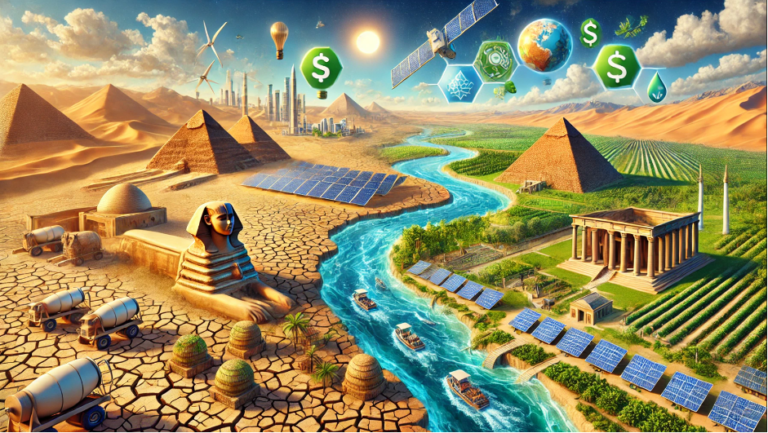
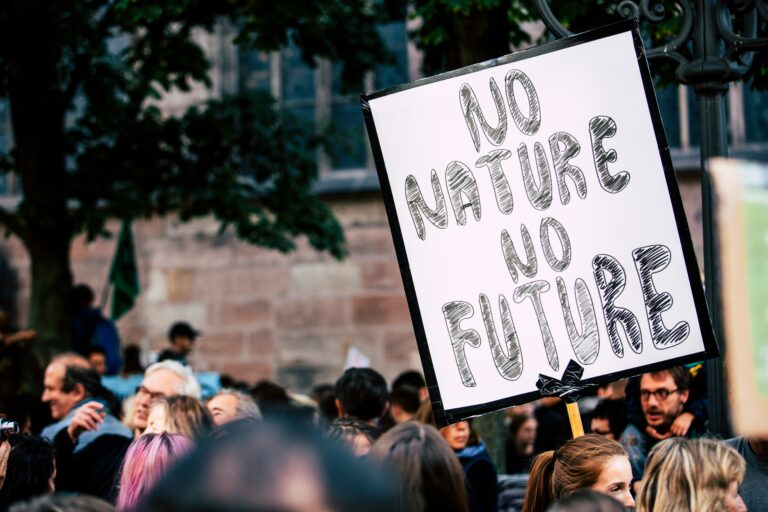
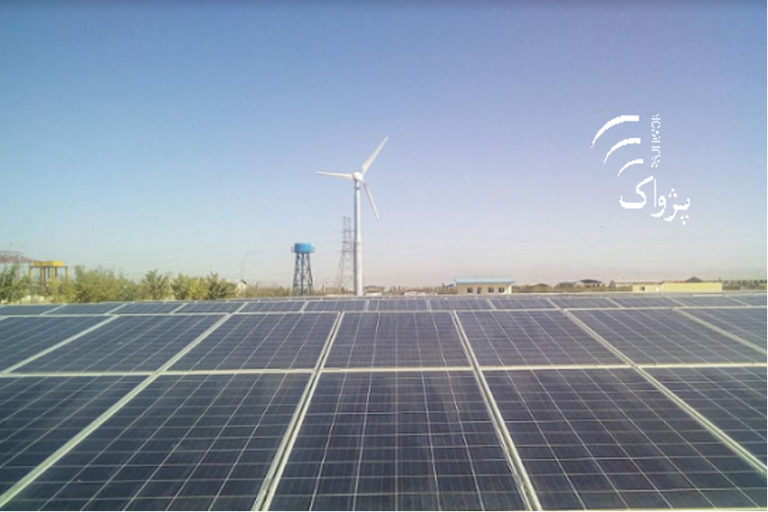


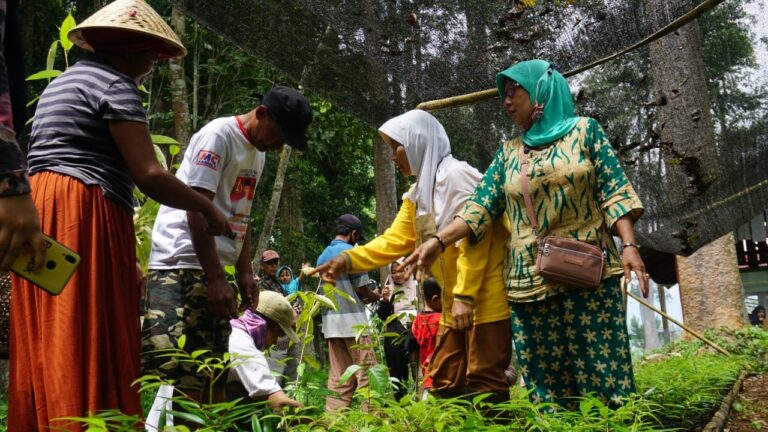
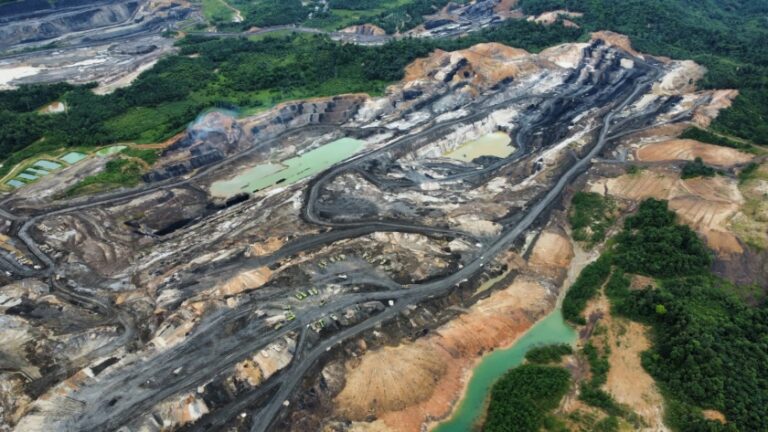
+ There are no comments
Add yours